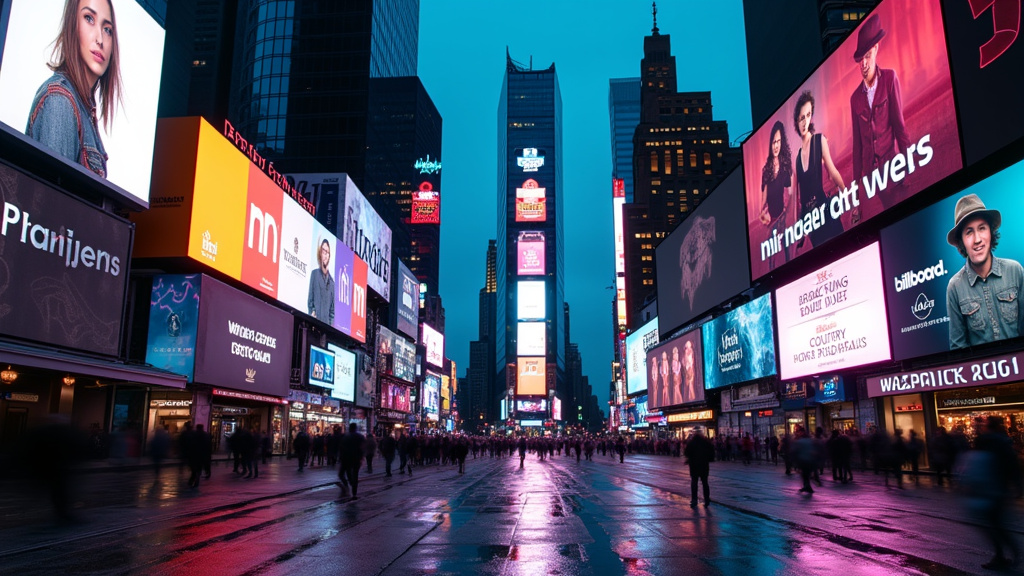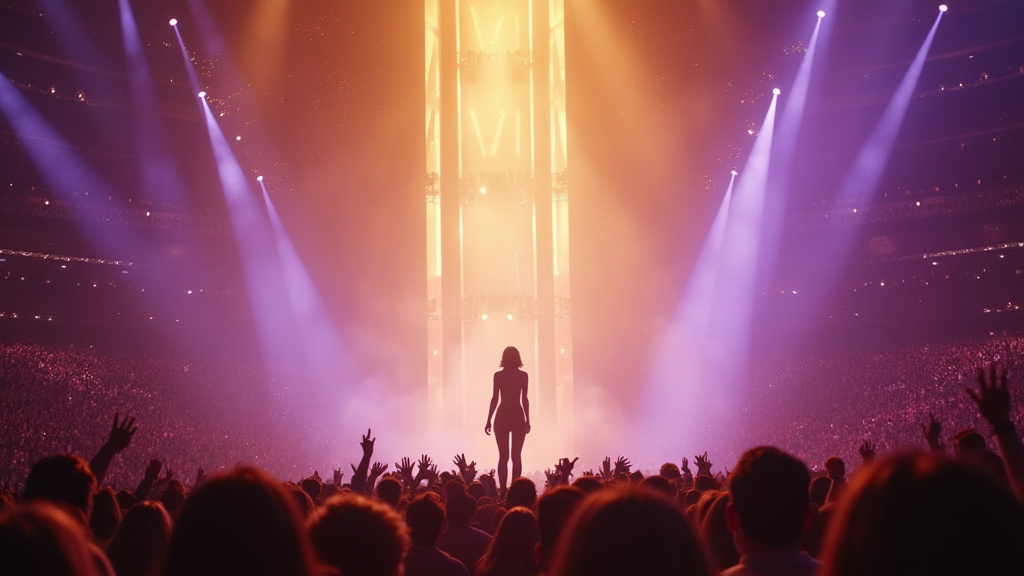A groundbreaking moment in the music industry has arrived as the AI Generated Country Song “Walk My Walk” by the artist Breaking Rust has ascended to the number one spot on Billboard’s Country Digital Song Sales chart. This milestone marks the first time a song created entirely by artificial intelligence has topped a major Billboard sales chart, thrusting AI’s role in AI music creation into the global spotlight and igniting widespread debate within the entertainment news sector.
The Rise of the AI Cowboy: Breaking Rust and the AI Generated Country Song
Breaking Rust, the enigmatic entity behind “Walk My Walk,” presents itself as an “outlaw country” artist with a distinctive persona. However, detailed analysis and industry reports confirm that both the vocals and the associated visuals, which often feature a quintessential AI-generated cowboy figure and cinematic clips, are products of artificial intelligence. The project first surfaced in mid-October, quickly garnering significant attention and an impressive following. On platforms like Spotify, Breaking Rust has amassed over 2 million monthly listeners, with multiple tracks surpassing millions of streams, including “Livin’ on Borrowed Time” and the chart-topping “Walk My Walk.” This rapid ascent highlights the growing appeal and reach of AI-generated music, even within a genre deeply rooted in human storytelling and authenticity like country music. The artist’s social media pages do not explicitly state AI involvement, yet the synthetic nature of the content and the lack of any verifiable human artist behind the vocals have led the music industry and analysts to label Breaking Rust as a bona fide AI artist, marking a new chapter for AI country music.
“Walk My Walk”: An AI Generated Country Song Claims Top Spot on Billboard Charts
The track “Walk My Walk” has spent three consecutive weeks at the pinnacle of Billboard’s Country Digital Song Sales chart. This specific chart tracks paid downloads, indicating a strong consumer response and willingness to purchase music created by AI. Breaking Rust’s success places it above established human artists and even other AI-generated tracks, such as “Don’t Tread On Me” by Cain Walker, demonstrating AI’s competitive edge in certain market segments. The project is credited to songwriter Aubierre Rivaldo Taylor, a name that primarily appears online in association with “Def Beats AI,” another project known for its AI-driven content. The ambiguous nature of Taylor’s identity has led to speculation about whether this is a pseudonym for the human creators or a fully automated attribution, adding another layer to the AI Generated Country Song phenomenon.
A Trending Wave of AI in the Music Entertainment Sphere
The success of “Walk My Walk” is not an isolated incident but rather a prominent example of a larger trend. AI-generated and AI-assisted artists are increasingly appearing on various Billboard charts, reflecting a significant shift in music consumption and creation. In September, the AI singer Xania Monet, an R&B and soul artist created by songwriter Telisha “Nikki” Jones, became the first virtual artist to enter the US bestselling charts and later debuted on Billboard’s Adult R&B Airplay chart. Other AI or AI-assisted acts, including the rock band Velvet Sundown and Christian artist Juno Skye, have also made their mark on the charts. This proliferation is facilitated by advancements in AI music creation platforms like Suno and Udio, which are making it easier for anyone to create sophisticated musical pieces.
The Heated Debate: Authenticity, Authorship, and the Future of Music
The ascent of AI artists like Breaking Rust and Xania Monet has ignited passionate discussions about the very definition of music and artistry. Key concerns revolve around authenticity, authorship, and the potential impact on human musicians. Critics argue that AI-generated music, trained on vast datasets of existing works, raises significant copyright issues and could dilute the emotional depth and unique experiences that human artists bring. Major record labels have already initiated legal actions, with Universal Music Group and others suing AI music platforms like Suno for alleged unauthorized use of copyrighted material. Furthermore, the lack of transparency regarding AI involvement is a growing concern, with calls for clear labeling of AI-generated content on charts and platforms. While some view AI as a powerful tool that can augment human creativity and democratize music production, others fear it could lead to job displacement for producers and musicians and result in a homogenized, less genuine entertainment landscape.
Charting a New Course for the Music Industry with AI Generated Country Songs
The fact that an AI Generated Country Song can top a Billboard chart signifies a pivotal moment for the music industry. It underscores the rapid advancement and increasing sophistication of AI technologies and their growing impact on creative fields. As AI continues to evolve, its role in music production, promotion, and even performance is expected to expand further. This development presents both unprecedented opportunities for innovation and significant challenges that require careful consideration from artists, labels, technology developers, and policymakers alike. The music news cycle is now firmly focused on this evolving dynamic, where the lines between human and artificial creativity are becoming increasingly blurred, heralding a new, and perhaps unpredictable, era for global entertainment.





